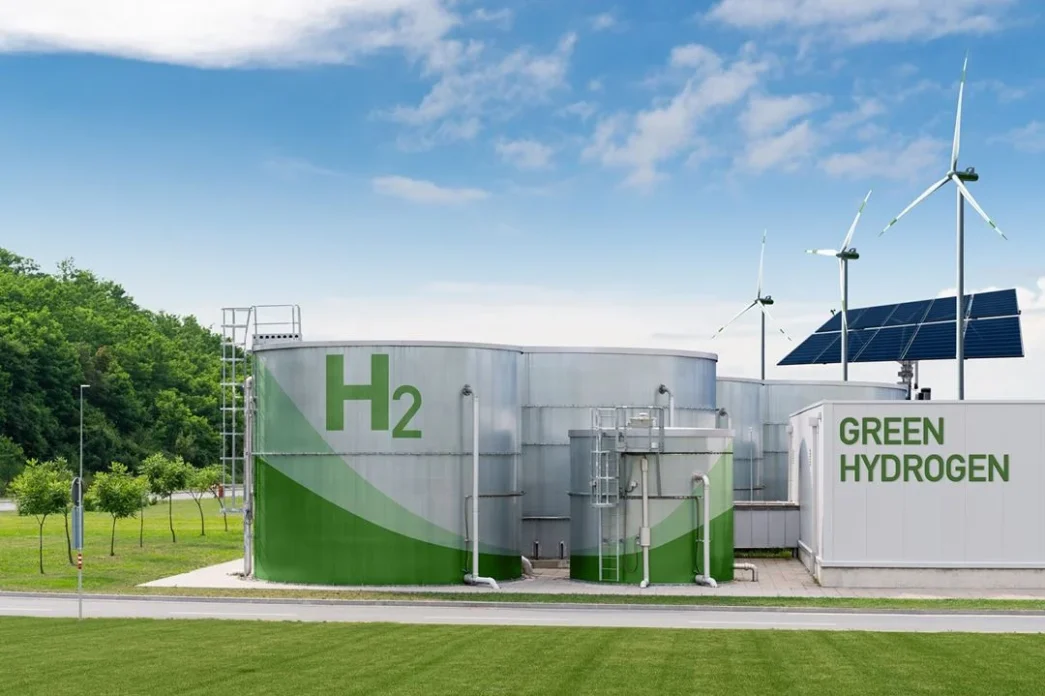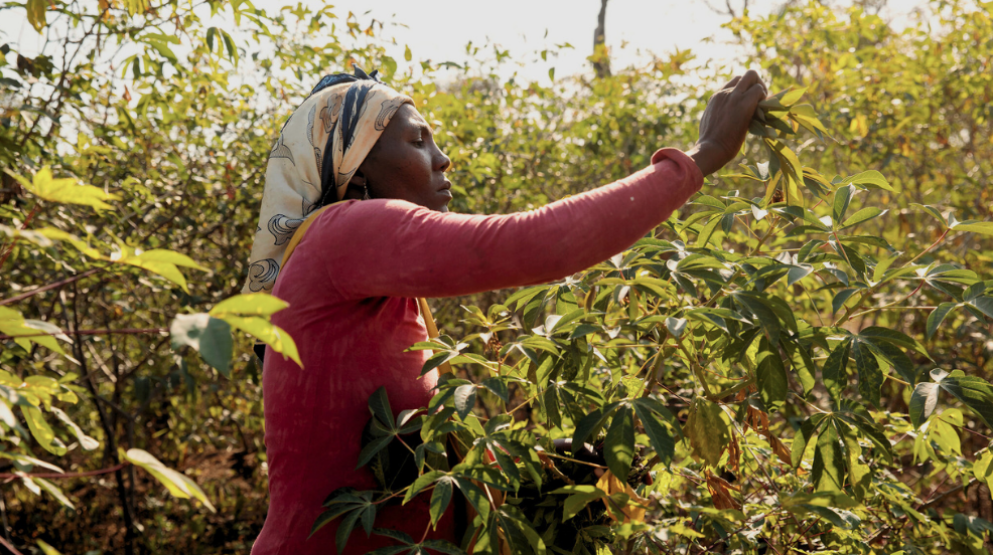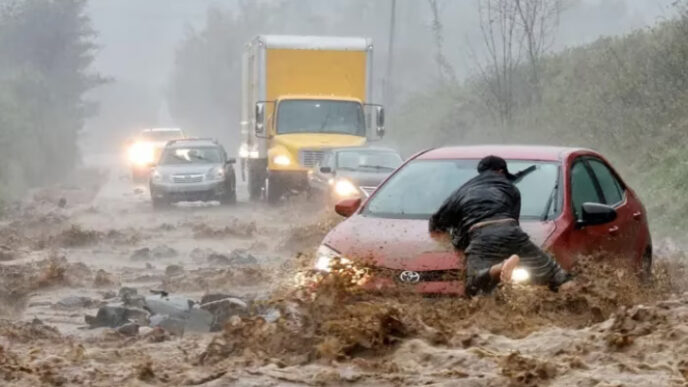Climate change directly affects our communities, health, and livelihoods. Yet, media coverage often prioritises politics and business over climate-related stories, leaving crucial environmental news underreported.
Climate Watch seeks to bridge this information gap, ensuring that important climate change stories and mitigation efforts never slip under your radar.
Here is a round-up of last week’s climate stories:
- The United Nations (UN) says the ozone layer is on track to being fully restored by 2050. The ozone layer protects humans and the environment from harmful levels of ultraviolet radiation from the sun. However, scientists discovered that the ozone layer is depleting due to the use of human-produced chemicals such as chlorofluorocarbons. In his message to commemorate the World Ozone Day celebrated on September 16, Antonio Guterres, UN secretary-general, said climate solutions, including those concerning refrigerants and energy efficiency, are essential to prevent a climate crisis by mid-century. Read more here.
-
A report by ActionAid International on September 18 has revealed that the fossil fuel and industrial agriculture sectors, which contribute to the climate crisis, are benefiting from public subsidies in the global south. The organisation said the fossil fuel and industrial agriculture sector received an annual average funding of $677 billion across developing countries from 2016 to 2023. The report found that the fossil fuel sector has been receiving an annual average of $438.6 billion—65 percent of public subsidies in the global south countries in seven years. Find out more here.
Advertisement - Benjamin Kalu, the deputy speaker of the house of representatives, says multinational companies operating in Nigeria should pay taxes to support victims of climate change. In a statement on September 17, Kalu lamented the recent flooding in Borno and Zamfara states. The deputy speaker said the climate crisis undermines Africa’s progress towards sustainable development goals (SDGs) and hinders the economic growth of the continent. Read more here.
- Last week, the ECOWAS Centre for Renewable Energy and Energy Efficiency (ECREEE) and the ministry of power called for increased private-sector investment in green hydrogen opportunities. The call was made at a regional capacity-building workshop of the Economic Community of West African States (ECOWAS) private-sector actors on green hydrogen. Temitope Dina, assistant director at the ministry of power, said the regional journey towards a sustainable and green future requires collaboration. Dina said green hydrogen stands at the forefront of the global transition to clean energy. Read more here.
- Google has enhanced its Open Buildings 2.5D Temporal Dataset, making it an essential resource for urban planning and disaster management in Nigeria. The company said the dataset will provide crucial insights into the changes in buildings over time, including their estimated heights. Covering the period from 2016 to 2023, the dataset is vital for analysing population density, facilitating disaster response, and overseeing urban growth. Find out more here.
-
The Nigerian National Petroleum Company (NNPC) Limited and its joint venture (JV) partner, First Exploration and Petroleum Development Company Limited (FIRST E&P), have unveiled the afforestation, livelihood enhancement, and carbon sequestration (ALEC) initiative. NNPC and FIRST E&P partnered with the Nigerian Conservation Foundation (NCF) to launch the initiative, which targets 11 coastal communities in Bayelsa state. The companies said the project aims to tackle the pressing issues of deforestation, biodiversity loss, and climate change while simultaneously enhancing the socio-economic well-being of local populations. Read more here.
- A new study by The Lancet Neurology says air pollution and high temperatures are contributing to an increase in stroke cases worldwide. The study said stroke affects nearly 12 million people annually, causing over seven million deaths. It also found that air pollution from tiny particles is a major risk factor for subarachnoid haemorrhage, accounting for 14 percent of deaths and disabilities. According to the publication, the impact of high temperatures on poor health and early death from stroke has increased by 72 percent since 1990. Read more here.
Add a comment









